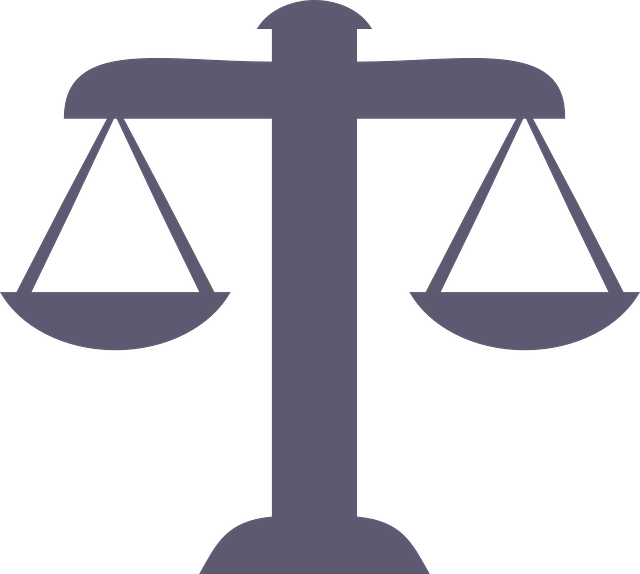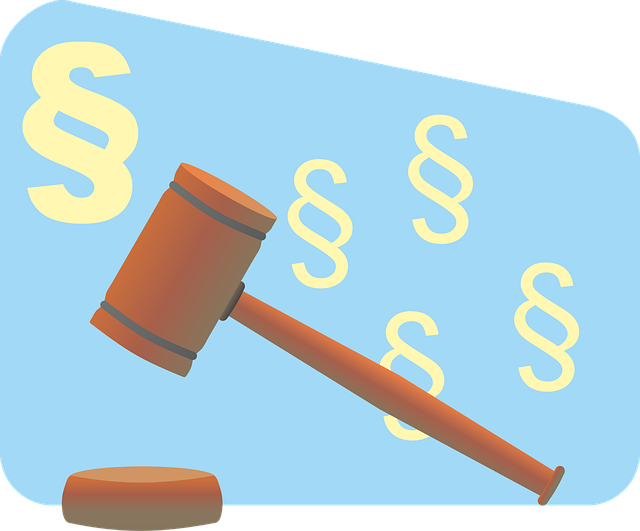Financial fraud remains a dynamic threat demanding constant vigilance and proactive defenses. Early detection, robust internal controls, and employee training are crucial for individuals and businesses. Advanced technology like AI and machine learning transforms fraud detection, enabling real-time combat of sophisticated scams. Out-of-court settlements for breach of contract disputes offer swift resolutions, privacy, and cost savings, deterring potential white-collar criminals. Integrating data analytics and machine learning enhances fraud prevention accuracy and supports efficient, cost-effective dispute resolution, strengthening corporate risk management strategies. Combining advanced technology with proactive measures safeguards financial systems and fosters stakeholder trust.
Financial fraud is a pervasive global issue, with sophisticated schemes evolving constantly. This article explores the multifaceted approach to detecting and preventing financial fraud, from understanding common tactics to leveraging advanced technology. We delve into the legal aspects of settling breach of contract outside the courtroom, emphasizing data analytics’ critical role in accurate predictions. Additionally, it offers practical prevention strategies for building robust fraud mitigation plans, providing a comprehensive guide for staying ahead of fraudulent activities.
- Understanding Financial Fraud: Common Schemes and Red Flags
- The Role of Technology in Advanced Fraud Detection Systems
- Legal Aspects: Addressing Breach of Contract Outside the Courtroom
- Data Analytics and Machine Learning for Accurate Prediction
- Prevention Strategies: Building Robust Fraud Mitigation Plans
Understanding Financial Fraud: Common Schemes and Red Flags

Financial fraud is a complex and ever-evolving challenge that requires constant vigilance. At its core, financial fraud involves deceptive practices aimed at gaining illicit financial advantages. Common schemes range from identity theft and credit card fraud to more sophisticated operations like investment scams and insurance claims manipulation. Understanding these schemes is crucial for timely detection, as it enables businesses and individuals to protect themselves.
Red flags can vary widely but often include unusual transactions, sudden changes in spending patterns, or discrepancies in financial records. For instance, a significant influx of money from an unknown source or attempts to settle a breach of contract outside the court, which could be indicative of an attempt to avoid indictment and legal repercussions, are noteworthy. General criminal defense strategies might involve claiming innocent intent or relying on loopholes, but proactive measures like implementing robust internal controls and employee training can help in avoiding such traps.
The Role of Technology in Advanced Fraud Detection Systems

The integration of advanced technology has revolutionized financial fraud detection, enabling institutions to stay ahead of sophisticated fraudulent activities. AI, machine learning algorithms, and data analytics are now integral components of robust fraud detection systems. These technologies can analyze vast amounts of data from various sources, identifying patterns and anomalies indicative of potential fraud in real-time. By learning from historical cases, these systems evolve and adapt to new tactics, making them an invaluable asset in the fight against financial crimes.
Moreover, technological innovations facilitate efficient settling of breach of contract outside court processes, which is particularly relevant in high-stakes cases. With an unprecedented track record of accuracy and speed, advanced fraud detection systems streamline investigations, ensuring that fraudulent activities are addressed promptly. This not only minimizes potential losses but also enhances the overall efficiency of enforcement processes across all stages of the investigative and enforcement process.
Legal Aspects: Addressing Breach of Contract Outside the Courtroom

In the realm of financial fraud detection, addressing breach of contract outside the traditional courtroom setting has emerged as a strategic approach for resolving disputes efficiently. This alternative method, often referred to as out-of-court settlements, is gaining traction due to its ability to deliver swift resolutions and maintain privacy—crucial aspects in navigating complex white collar and economic crimes. By avoiding prolonged legal battles, businesses and individuals involved in fraudulent activities can achieve a sense of closure and protect their reputations.
Negotiating terms for settling breach of contract outside court allows for more creative solutions tailored to the unique circumstances of each case. This approach has an unprecedented track record of achieving extraordinary results, ensuring that justice is served without the lengthy and costly processes associated with litigation. Such settlements not only facilitate quicker recovery but also foster a culture of transparency and accountability, deterring potential future fraudsters.
Data Analytics and Machine Learning for Accurate Prediction

In today’s digital age, financial fraud has become increasingly sophisticated, demanding advanced detection methods. Data analytics and machine learning have emerged as powerful tools in this regard, enabling institutions to predict and prevent fraudulent activities with unprecedented accuracy. By analyzing vast datasets, including transaction histories, patterns of behavior, and social media trends, these technologies can uncover subtle anomalies indicative of potential scams. Machine learning algorithms, specifically designed for fraud detection, learn from historical data, identify complex patterns, and adapt to evolving fraud schemes. This capability is particularly valuable in high-stakes cases involving corporate and individual clients, where winning challenging defense verdicts requires robust evidence and precise predictions.
Moreover, the integration of these advanced analytics methods offers a cost-effective alternative to settling breach of contract outside court. By proactively identifying fraudulent activities early on, businesses can minimize losses, protect their reputation, and avoid the lengthy and expensive legal battles often associated with high-profile cases. This not only benefits individual clients but also strengthens corporate strategies for risk management, ensuring resilience in an era where fraud prevention is a shared responsibility.
Prevention Strategies: Building Robust Fraud Mitigation Plans

Financial institutions must proactively implement robust fraud mitigation plans to stay ahead of evolving schemes. One effective strategy involves establishing clear policies and procedures that define suspicious activities and set off alerts. This includes monitoring transactions for unusual patterns, implementing strong authentication measures, and regularly updating risk assessments. By adopting a proactive approach, financial organizations can prevent fraudulent acts before they escalate.
Additionally, settling breach of contract disputes outside of court can be a powerful prevention tool. Negotiations and alternative dispute resolution methods allow for swift decision-making, reducing the time and resources required to pursue lengthy legal battles. This not only minimizes operational disruptions but also sends a strong message that economic crimes won’t be tolerated, potentially deterring potential white-collar criminals from attempting such activities. Achieving extraordinary results in fraud prevention requires a combination of sophisticated technology and proactive measures, ultimately safeguarding financial systems and fostering trust among stakeholders.
Financial fraud detection is a multifaceted approach, combining technological advancements in advanced fraud detection systems with strategic legal considerations, such as settling breach of contract outside the courtroom. By integrating data analytics and machine learning, we can predict fraudulent activities more accurately. Furthermore, robust prevention strategies are key to building robust fraud mitigation plans. Understanding these components empowers institutions to safeguard their assets effectively, fostering a safer financial landscape.






